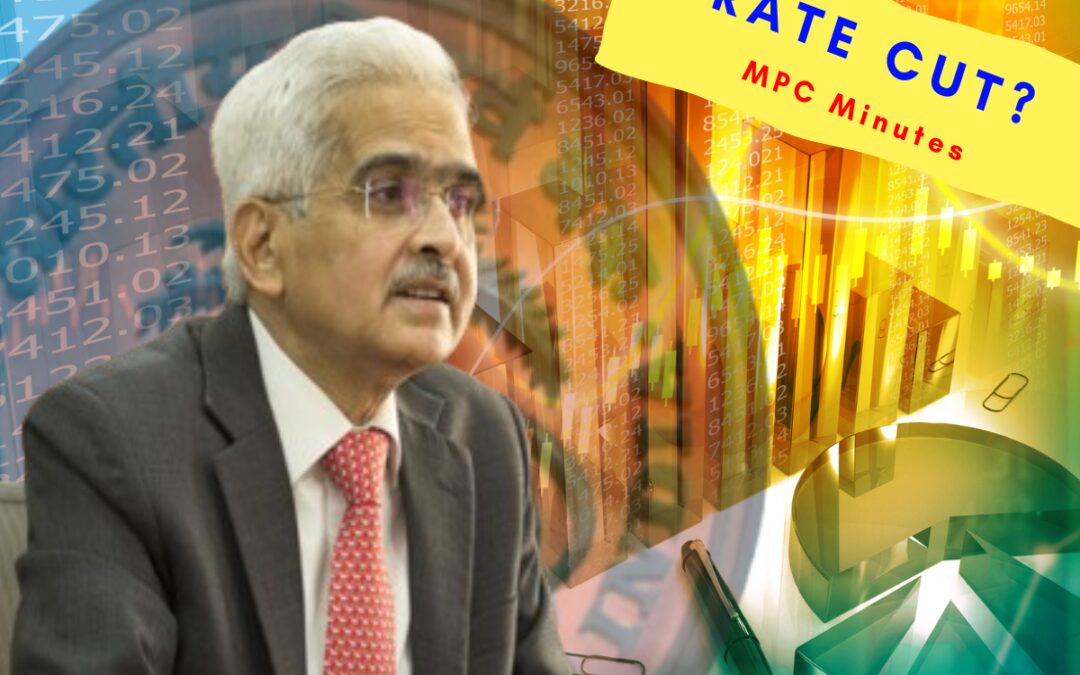With an inflation and growth forecast of 4.5 per cent and 7 per cent each for FY25, India’s policymakers are inferring that the economy is in a ‘Goldilocks scenario’. However, economists say they must err on the side of caution.
The six members of the Reserve Bank of India’s Monetary Policy Committee (MPC) broadly agreed that while there is a need to be vigilant, there is some comfort in retail inflation in India.
At the same time, they also agreed that the Indian economy is currently showing resilience on the growth front, according to the minutes of the latest policy meeting.
Yet, economists are tempering expectations, given the many headwinds overseas and otherwise.
“RBI’s FY25 growth-inflation forecast suggests a Goldilocks scenario. However, caution is warranted amidst heightened uncertainty (vagaries of climate change causing food inflation volatility, geopolitical spillovers, etc.) and the need to preserve inflation-fighting credibility in the post-COVID phase,” wrote Yuvika Singhal, Vivek Kumar and Shubada Rao, economists at QuantEco Research in a note.
A Goldilocks scenario is one where the economy is not hot enough to give inflation a filip, but growing fast enough to evade a recessionary environment.
No room for errors
Most members of the MPC seem to agree on growth prospects. Interestingly enough, RBI’s Deputy Governor Michael Patra spoke of sustainable and inclusive growth while flagging the fact that the private capital expenditure cycle is yet to gather stream.
“Private consumption, which accounts for 57 per cent of GDP, is languishing under the strain of still elevated food inflation. This is particularly telling in rural areas. Inflation has to be restrained to its target for growth to be inclusive and sustained,” Patra opined during the meeting.
Economists at Nomura feel the MPC this time around is shifting from the need for a tight policy to pushing back on premature easing, calling it a subtle pivot in itself.
RBI Governor Shaktikanta Das has maintained his trademark “Arjuna’s eye” on retail inflation, adamant about bringing it down to the panel’s 4 per cent target.
“Any premature move may undermine the success achieved so far. Price and financial stability are essential to sustain a long haul of high growth. The policy imperative at the current juncture is to remain focused on achieving the 4 per cent inflation target on a durable basis, keeping in mind the objective of growth,” Das said as per the minutes.
Doves or the Hawk, who will prevail?
MPC member Jayanth Varma once again expressed his dissatisfaction with the MPC’s stance of “withdrawal of accommodation”, and opted for a 25 bps rate cut with calling for a shift to neutral stance. Brushing aside worries about premature moves, Varma said that if the potential growth rate of the Indian economy is close to 8 per cent, then it is not at risk of overheating in the upcoming financial year. To reiterate, the MPC sees India growing at 7 per cent in FY25, Varma doesn’t.
Nomura expects India to grow at 6.2 per cent in FY25.
“While the RBI’s bullish growth outlook, caution over inflation risks and reluctance to change the stance to ‘neutral’ may push back against this view, typically dissents within the MPC and a more proactive stance on liquidity are typically the first step in the choreography of an eventual policy easing cycle,” Aurodeep Nandi and Sonal Varma, economists at Nomura said.
Nomura expects rate cuts totalling 100 bps cumulatively from August onwards.
“We continue to maintain our call for an extended pause in repo rate action, until H1FY25. With greater clarity on inflation emerging thereafter, this will likely be followed by up to 75 bps cumulative rate cut in H2 FY25,” wrote QuantEco.
ALSO READ: RBI wants to keep inflation vigil, MPC’s external members see room to ease a bit










